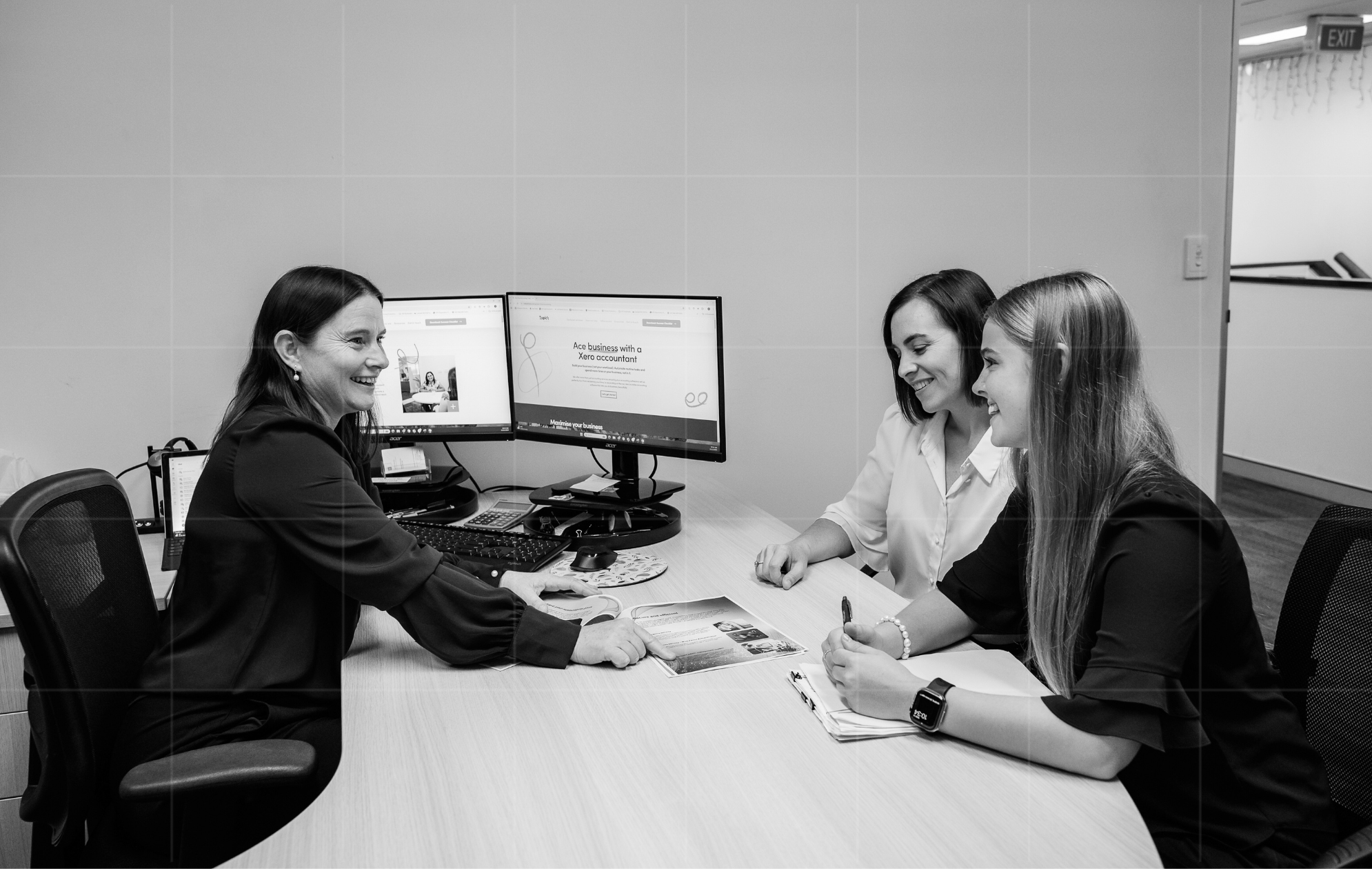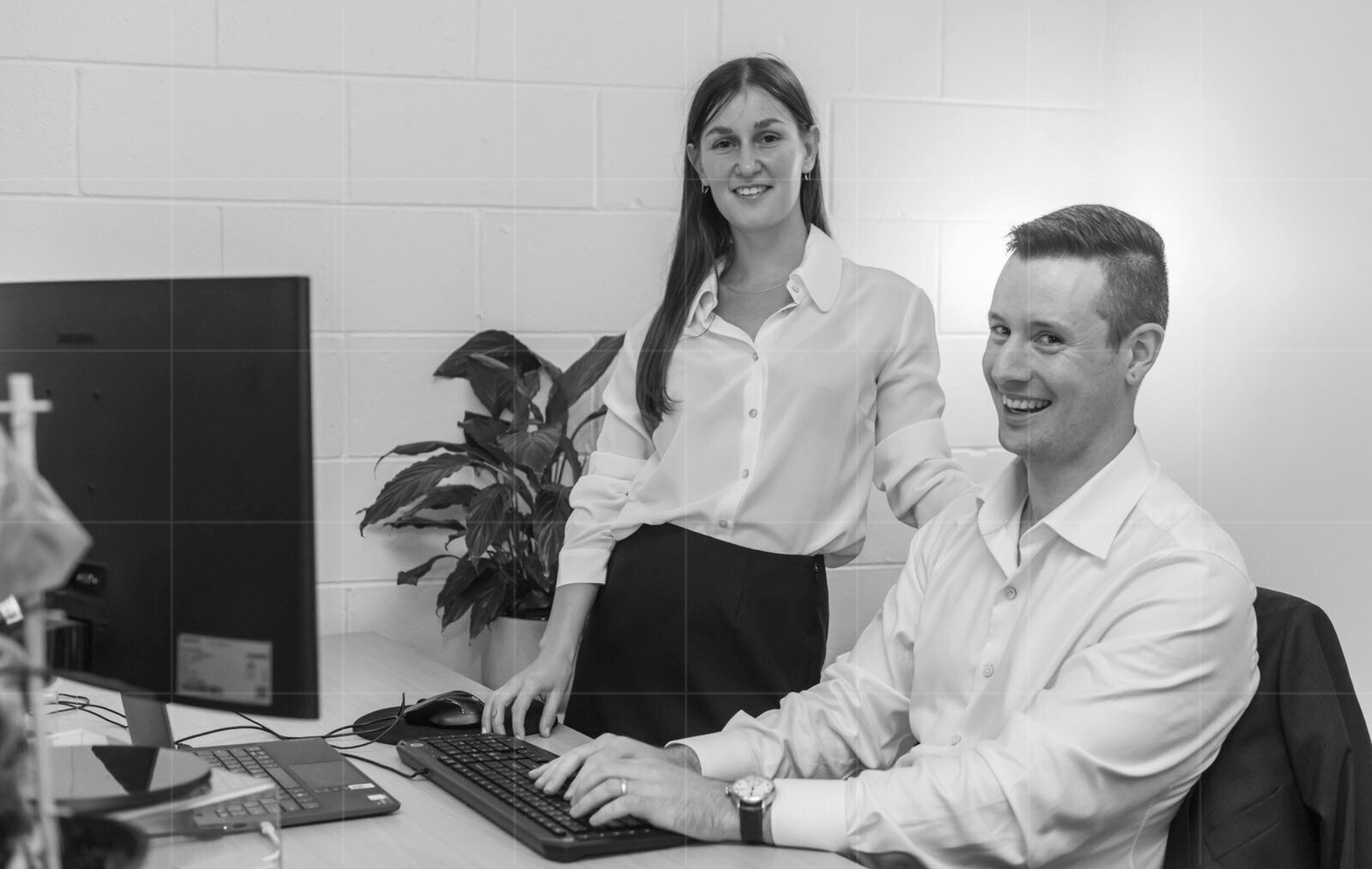Your Guide to Staying Focused During Times of Anxiety
Since the outbreak of COVID-19, individuals and communities have been impacted around the globe. Although many are concerned about their current physical health and finances, health experts are anticipating a second crisis — a mental health pandemic.
To date, the main psychological impact is increased rates of stress and anxiety, making it challenging for people to remain optimistic and focused. As reported in a recent survey, the majority of Australians are also showcasing mild levels of depression.
Whether you have recently lost your job, are adjusting to your at-home work environment, or are simply experiencing worry and fear amid COVID-19, there are steps you can take to remain calmer, healthier, and more focused.
The Relationship Between Anxiety and Your Ability to Focus
Numerous studies have highlighted the impact that anxiety has on cognition and overall well-being. Anxiety disorders have long been viewed as a major health concern with profound social and economic consequences, and although symptoms are wide-ranging, an inability to focus is common.
At the moment, there is a lot of uncertainty, and that uncertainty is likely causing your mind to wander. There are currently a lot of unknown variables and unfortunately, you're hardwired for negativity. Your brain's "negativity bias" is automatic, making you more sensitive to negative news. From an evolution standpoint, this helps keep you out of harm's way.
However, during an unexpected global pandemic, like COVID-19, it can lead to increased feelings of stress and anxiety. As stress levels increase, your inability to focus also increases, resulting in decreased productivity. For business owners, the current level of uncertainty is particularly overwhelming.
Related: Banks respond to COVID-19: Support being offered
Whether you are recently experiencing brain fog, poor memory, or an inability to concentrate due to increased feelings of anxiety, there are steps you can take to help you remain more productive on a day-to-day basis. This is particularly important for business owners who are working from home, adapting, and planning for the future.
COVID-19 Has Led to Major Workplace Changes
Since the COVID-19 outbreak, many Australian businesses have shut their doors and city streets are now deserted. In April, human activity in Perth's Central Business District was down 57 percent. Without any warning, the nation entered a massive work-from-home experiment.
Although there are many perks associated with teleworking, studies have shown that working from home for extended periods of time can lead to feelings of social and professional isolation. For business owners, additional concerns exist, including supply chain disruptions, staffing issues, and a significant reduction in sales.
As feelings of anxiety increase, you may find that your inability to focus is resulting in procrastination, avoidance, task-switching, and other behaviours that have a negative impact on your ability to work.
How to Improve Your Ability to Focus
Whether you're currently working on a brand refresh, are aiming to expand your current product line, or are simply catching up on work away from the office, take the following steps to improve your ability to focus. Start by making small changes, implementing new strategies and habits into your everyday routine — your new work-from-home routine.
Step one: Unplug and go for a walk
In this digital age, there are a million possible distractions. If you're feeling overwhelmed, schedule some downtime away from your devices. As reported by Stanford, walking improves creative thinking by an average of 60 percent. Walking has also been shown to increase the supply of blood to the brain, supporting optimal cognitive functioning.
Step two: Brain dump
If you have too many ideas, tasks, and thoughts swimming around in your head, it's easy to become distracted. This is why you should begin each day with a brain dump. This process will allow you to organize and more importantly, prioritize your thoughts. For some, this method is most beneficial when aiming to complete a to-do list, while others brain dump in order to preserve mental energy.
Step three: Stop multitasking
If you feel like you have a lot on your plate, do not attempt to multitask. Research has shown that multitasking reduces productivity by as much as 40 percent. You may feel as though you're getting more done, but in reality, your focus and attention are simply shifting from one task to the next. This actually makes it much more challenging to tune out distractions.
Step four: Meditate
If you're experiencing anxiety that is making is hard for you to remain focused, even 10 minutes of meditation can help you. Meditation and mindfulness allow you to switch your attention from internal thoughts to your external environment. As reported in this study, meditation can also combat ruminating thoughts. You can even recharge at your desk, learn more here.
There's no denying that the world is currently in a state of limbo, particularly when it comes to business and the economy. If you are currently operating your business from home, take advantage of all available funding resources and in the meantime, focus on how your business can adapt to improve your current cashflow and future business model.
If you are a business owner or manager who is attempting to lead your team during this time, implement new strategies and leverage digital apps to improve everyday workflow and productivity.
Regardless of your current situation, the following resources will help guide you through this uncertain time in order to keep anxiety levels to a minimum:



.png)
